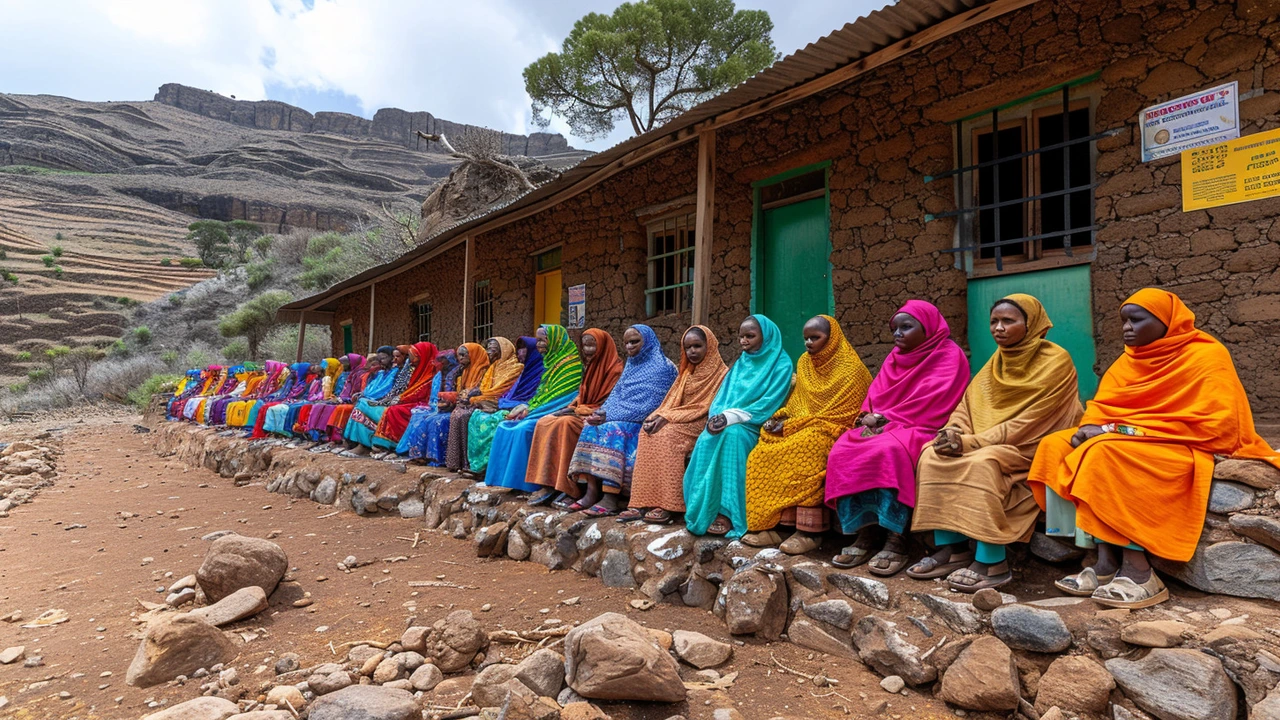Ethiopia Healthcare: Careers, Salaries, and Opportunities
Healthcare in Ethiopia is changing fast. If you’re thinking about a job in this sector or just want to understand the scene, you’ll want the real facts—no extra fluff. There’s a growing demand for qualified professionals, especially with new hospitals and clinics coming up across the country.
If you’re a pharmacist or studying to become one, you’ll be glad to hear salaries are improving. Pay can vary a lot depending on whether you work in a public hospital or a private clinic. Many pharmacists with a few years’ experience and good connections land jobs that pay above the national average. For fresh graduates, expect something closer to entry-level, but there’s plenty of room for growth as you pick up practical skills.
Nurses, doctors, and lab technicians remain in high demand. Urban centers like Addis Ababa offer more job openings and higher pay, but don’t overlook growing opportunities in regional cities, where expanding clinics need staff. Working in rural areas often means a smaller paycheck, but many enjoy steadier employment and housing perks.
It’s not just doctors and nurses that keep the sector running. Health administration, accounting, and IT jobs linked to healthcare are taking off in cities. If you have a knack for organizing, budgeting, or fixing computers, you can fit right in there.
Healthcare pay is just one part of the equation. Daily work conditions, staffing numbers, and access to training matter too. Private hospitals usually offer better equipment and cleaner facilities, which makes work smoother for everyone. But public hospitals often provide job security and reliable hours, which some people value more.
Thinking about career advancement? Focus on continued education. Ethiopia’s health sector needs people with specialized skills—like pharmacy management, lab analysis, or modern patient data management. Attending extra training, workshops, or online courses helps you stand out. If you’re open to rural work, you might find unique programs that let you fast-track your career development.
Women are taking on more roles in Ethiopian healthcare. The gender gap is still real, especially at the management level, but more women finish medical and nursing degrees every year. This shift brings fresh ideas and new energy to both city hospitals and rural health posts.
The government and private sector both invest in healthcare, building better hospitals and upgrading IT systems for patient records. Non-profits and international organizations also play a big role—so don’t overlook job openings with groups like the WHO, Red Cross, or MSF.
If you want a straight answer about "where to start," look for internships or volunteering stints. Practical experience counts more than grades, especially if you want to work in busy clinics or private practices. Networking with current employees, joining local healthcare associations, and attending job fairs can lead to your first break.
Healthcare will keep changing in Ethiopia. With the right mix of experience, skills, and a willingness to learn, you’ve got a good shot at a rewarding career in this field. Stay alert for fresh job postings, keep updating your resume, and reach out to people already working in the sector—they’ll point you in the right direction.





